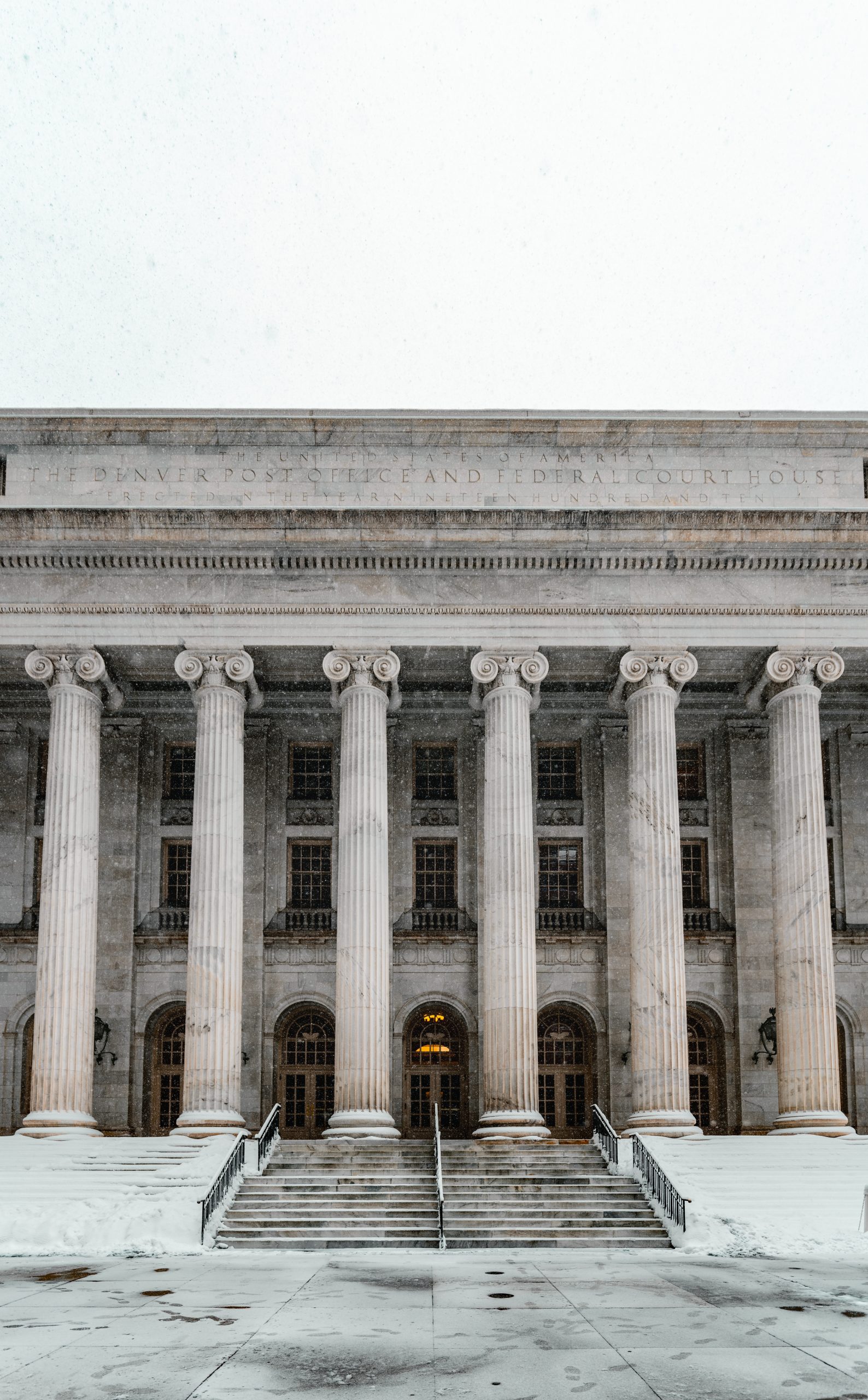It may be tempting to report misconduct to the government outside of the formal procedures provided by whistleblower laws. It would be comparatively easy for a whistleblower to send the government a fraud report through a letter, email or hotline without legal representation as soon as they discover it. Two whistleblowers were unfortunately denied a share of the government’s recovery by the Fifth Circuit on Friday in U.S. ex rel. Babalola v. Sharma, No. 13-20182, slip op. (5th Cir. Feb. 14, 2014) because they did.
The relators discovered Medicare and Medicaid fraud at the medical clinics where they were employed. They submitted an anonymous letter to various government agencies detailing the crime in 2007. The Government investigated and the Defendants pleaded guilty to criminal charges in 2010. The Defendants were ordered to pay $43 million to Medicare, Medicaid and private insurers as restitution in 2011. The award was later reduced to $37 million.
During the appeal, the relators filed their qui tam lawsuit under the False Claims Act in November 2011. On a motion for partial summary judgment, the Government sought to deny the relators a share of the proceeds from the criminal prosecution. The District Court agreed with the Government.
The False Claims Act provides for recovery by a relator even if they have previously disclosed the fraud to the government. It requires the dismissal of lawsuits based on publicly disclosed information unless the relator is the “original source” of the information. 31 U.S.C. § 3730(e)(4)(A). An individual is the original source if they “voluntarily disclosed to the Government the information on which allegations or transactions in a claim are based” prior to the public disclosure. 31 U.S.C. § 3730(e)(4)(B). This rule encourages whistleblowers to come forward early and report fraud to the Government.
However, in their specific case, the whistleblowers delayed filing a complaint under the False Claims Act until the Government had already received an award for restitution in the criminal proceedings. When the Department of Justice declined to intervene in their action, the relators sought to have the criminal proceeding considered an “alternate remedy” under § 3730(c)(5).
Section 3730(c)(5) permits the Government to pursue an alternate remedy to the relator’s civil suit under the False Claims Act. “Notwithstanding subsection (b), the Government may elect to pursue its claim through any alternate remedy available to the Government, including any administrative proceeding to determine a civil monetary penalty.” 31 U.S.C. § 3730(c)(5). However, if the Government does pursue an alternate remedy, the relator is entitled to share in the proceeds as if it had been recovered through their False Claims Act lawsuit. “If any such alternate remedy is pursued in another proceeding, the person initiating the action shall have the same rights in such proceeding as such person would have had if the action had continued under this section.” Id.
The Fifth Circuit agreed with the Department of Justice and the District Court. The criminal prosecution was not an alternate remedy because it was filed prior to the qui tam action. The Court of Appeals reasoned, from the text of the statute and the definition of the word alternate, that the qui tam proceeding must exist in order for the government to elect an alternate remedy to it. Babalola, slip op. at 7. As the relators did not file their complaint until after the Government pursued the criminal prosecution, they were not entitled to recover a portion of the proceeds as an alternate remedy.
If, instead of sending the anonymous letter to the government, the whistleblowers had filed a lawsuit under the False Claims Act, they may have been entitled to recover a portion of the funds. See United States v. Bisig, 2005 WL 3532554 (S.D. Ind. Dec. 21, 2005)(criminal prosecution is an alternative remedy under the False Claims Act). As it stands now, the whistleblowers will need to continue their lawsuit under the False Claims Act in order to earn their whistleblower reward.
The concurring opinion by Judge James Dennis points out how this result is at odds with a central goal of the False Claims Act.
Babalola and Adetunmbi could have withheld their information and allowed the fraud to continue while they searched for an authority to represent their interests in a qui tam suit. But they did not — they took the path of the Good Samaritan and without delay provided the government with the evidence needed to purse the defrauders …. For all their efforts, Babalola and Adetunmbi received nothing. Had Babalola and Adetunmbi first filed their qui tam suit before providing their information to the government, then they would have been entitled, under § 3730(d)(1), to an award of between fifteen to thirty percent of the government’s proceeds.
Babalola, slip op. at 15-16 (Dennis, J., concurring).
Young Law Group represents whistleblowers in litigation under the False Claims Act. If you would like a free, confidential consultation with an attorney regarding a potential claim, please call 1-800-590-4116.


